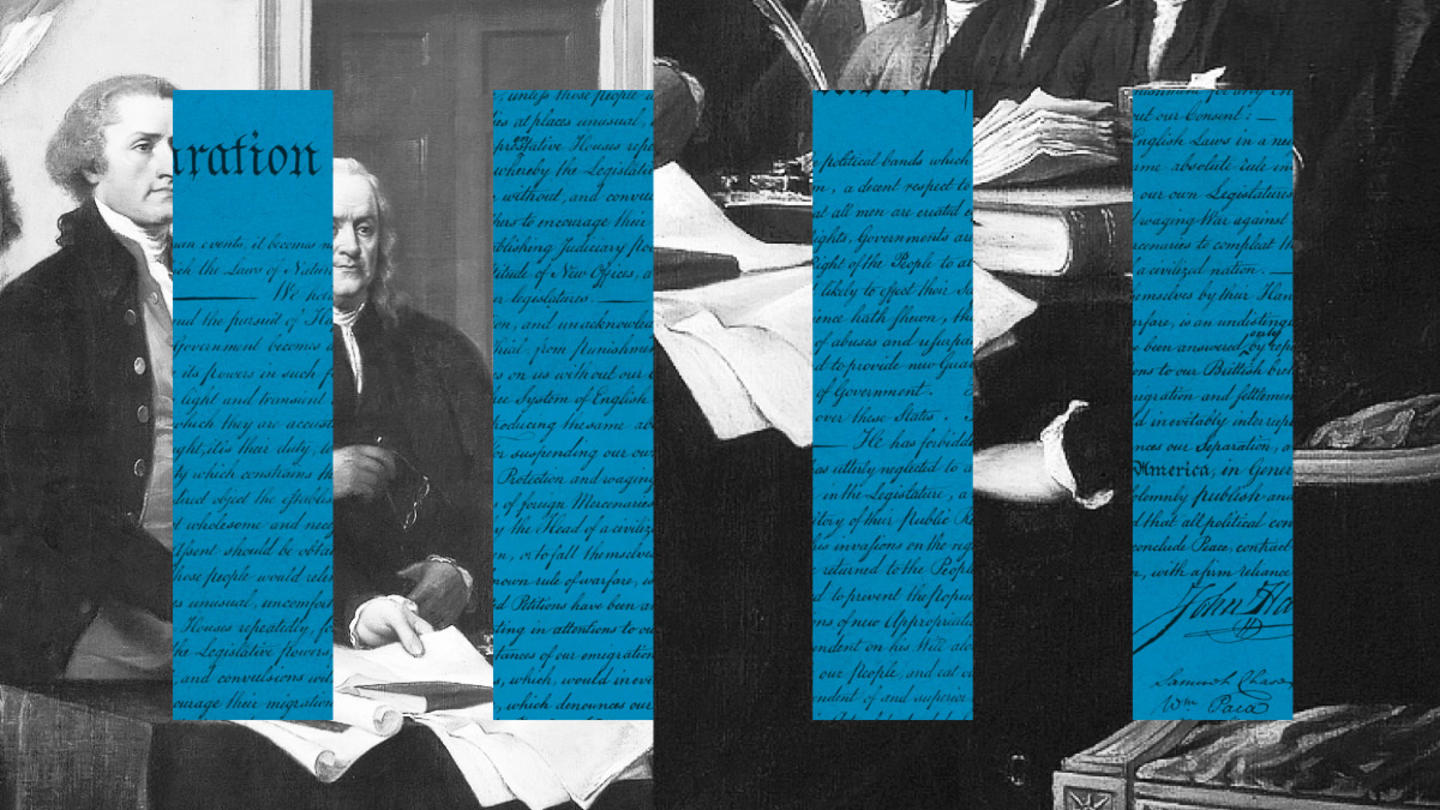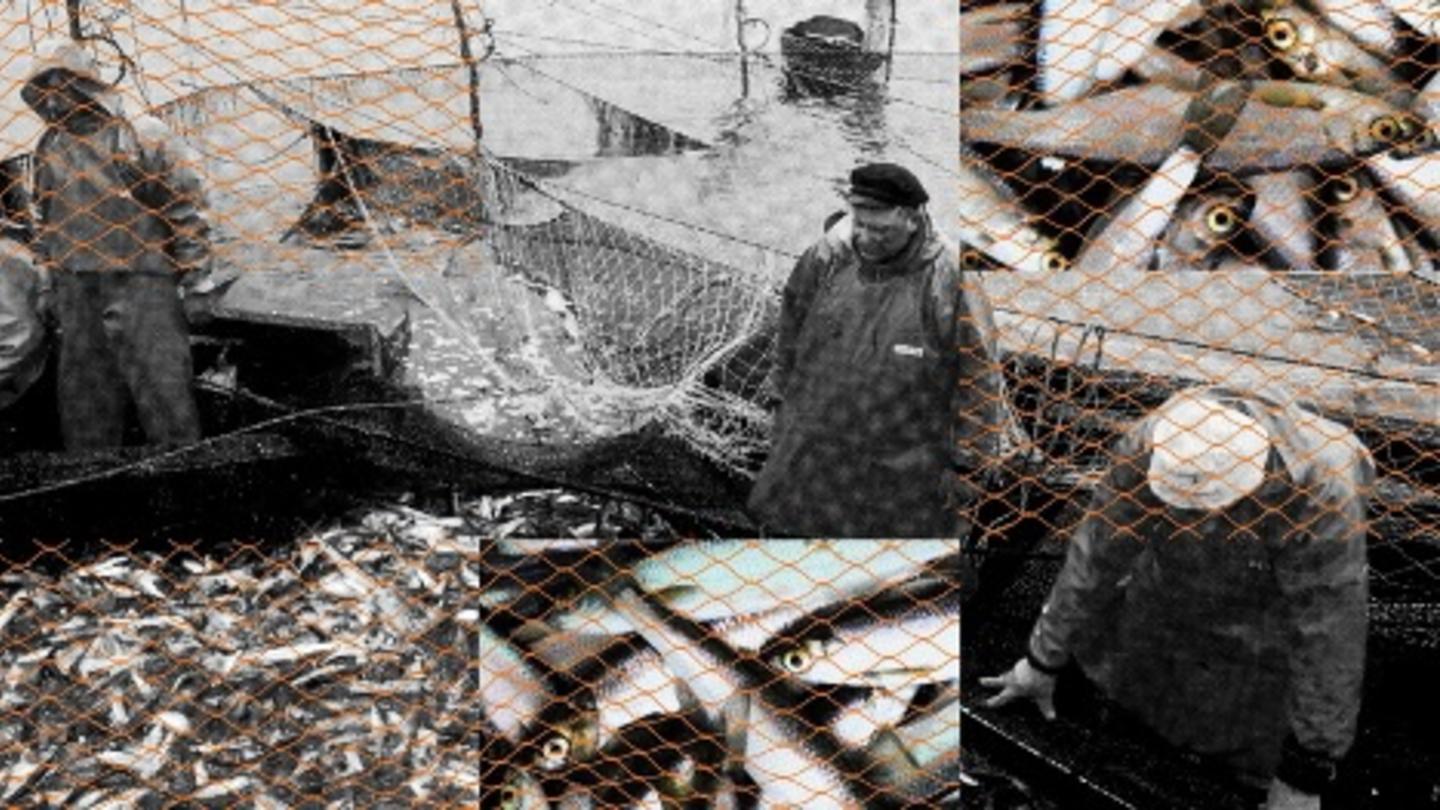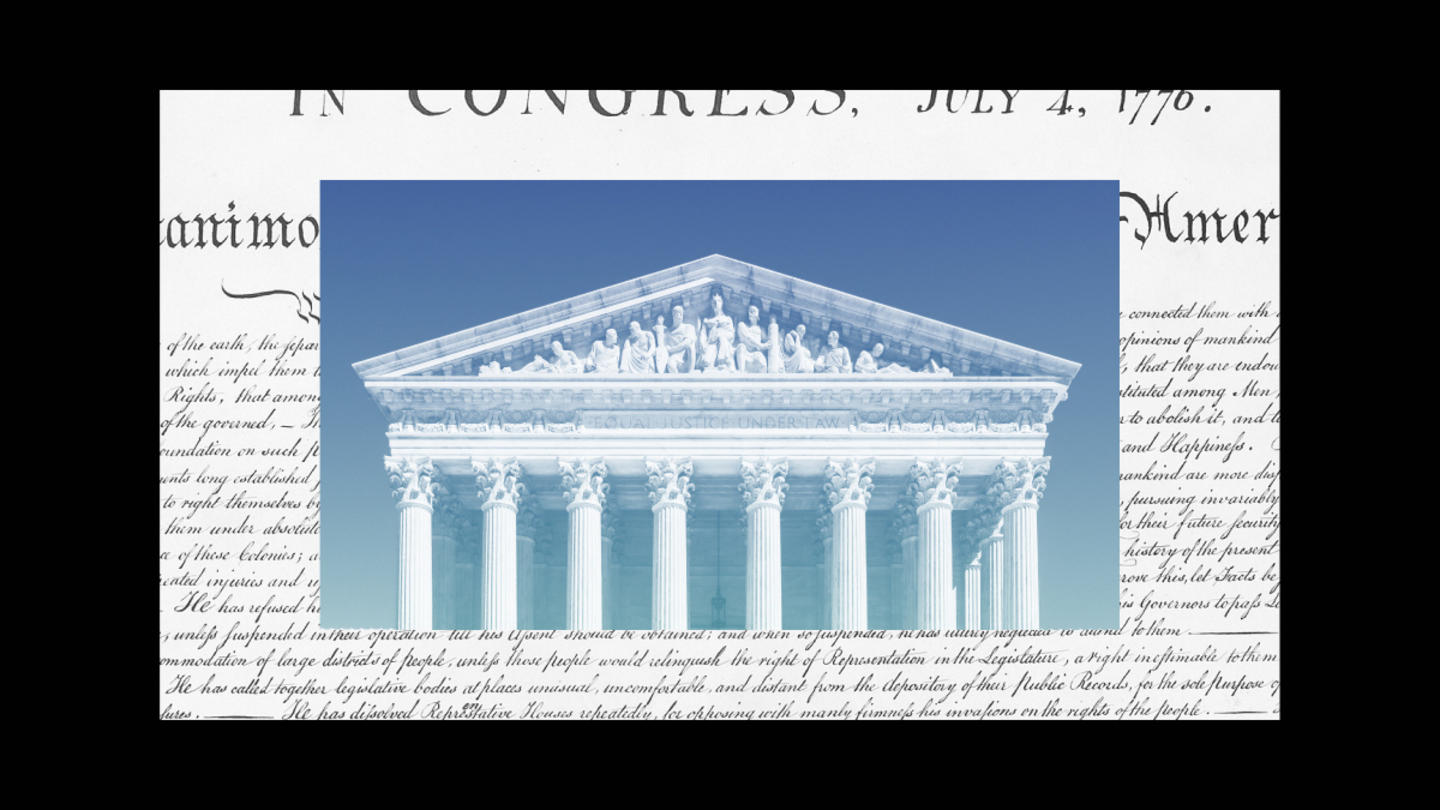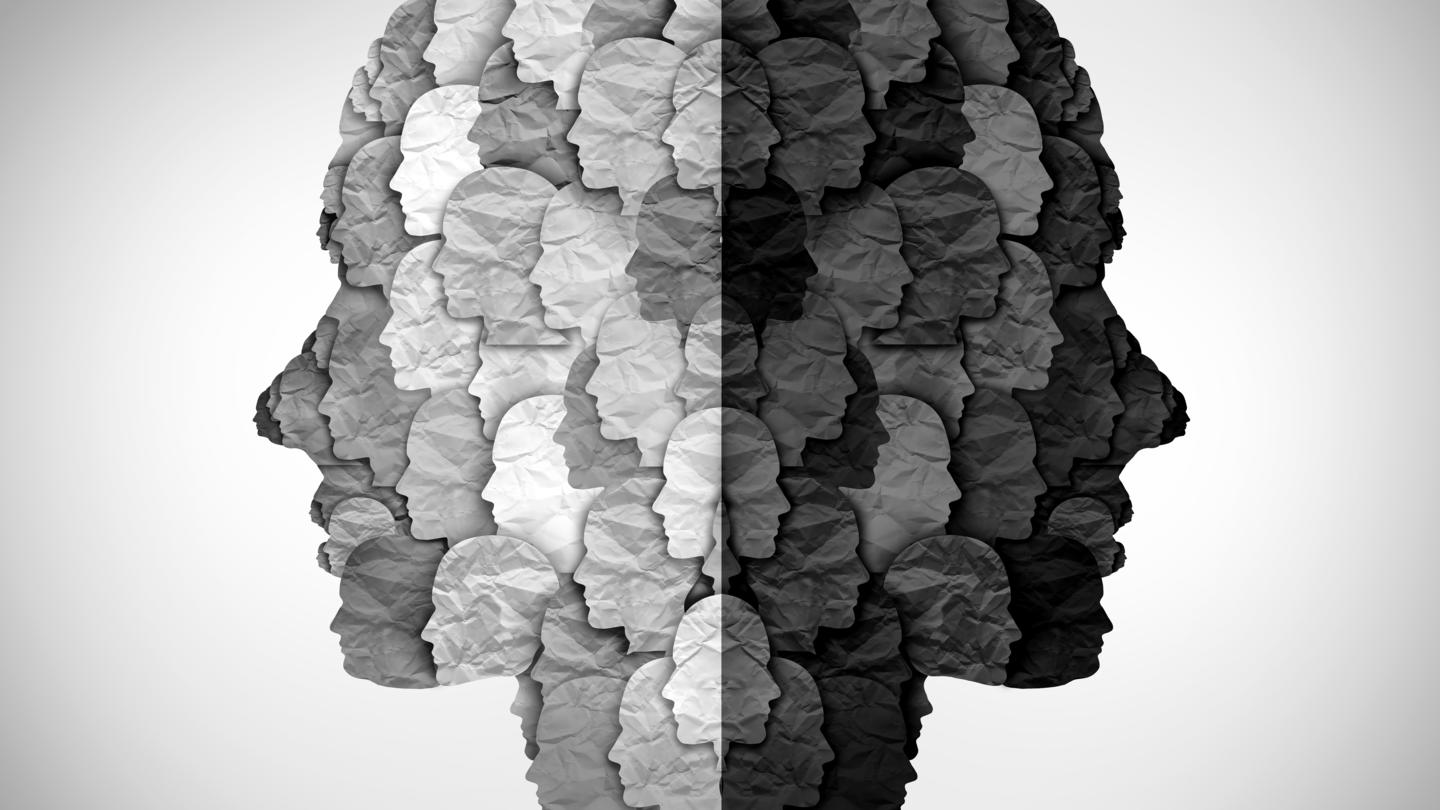Every day, it appears that Americans are more divided than ever. Yet research shows that when it comes to the most important issues, Americans largely agree with one another regardless of party affiliation. What gives?
Unfortunately, major polling provides few answers, generally only occurring around major election cycles. To better understand what is driving these feelings of animus, real-time tracking of citizen sentiments is necessary.
Enter the Polarization Research Lab.
A cross-university project of Dartmouth, Stanford, and the University of Pennsylvania, PRL is offering real-time research data on partisan animosity in order to better understand its causes and ensure robust support for the democratic norms that are essential in a healthy republic.
In order to meet the urgency of the moment, PRL is collecting the most comprehensive data sets on partisan animosity and democratic norms to date and releasing it freely, in real-time, to the public.
What is partisan animosity?
Partisan animosity refers to the related concepts of affective polarization (how much you dislike members of the other party), decreasing social trust (how much you trust others), decreasing respect for democratic norms (separation of powers; checks and balances), and support for political violence. This animosity has increased substantially over the last 30 years and has spilled over into non-political settings, impacting who we will hire, date, and do business with.
More concerning is that these trends could also be related to an increasing tolerance for democratic norm violations, or even acceptance of political violence, such as we saw during the attack on the U.S. Capitol on January 6, 2021, or the 2017 shooting of House GOP Whip Steve Scalise, when Scalise was shot in Virginia during the annual Congressional Baseball Game for Charity.
Political violence and democratic norms are a primary focus of PRL’s surveys. To better understand what’s driving such animosity which, in rare cases leads to violence, PRL’s directors are asking:
- What are the real causes of partisan animosity?
- What are its consequences?
- How do we fix it?
These questions need to be answered in order to appropriately respond to the biggest issues we face as a nation. By publishing survey data every week, PRL is offering researchers, journalists, politicians, and citizens insights into the American mindset—and, hopefully, helping us bridge our divides.
Reducing political animosity across the aisle
Unlike ideological polarization — which is the study of divergent and often partisan beliefs on ideological issues — partisan animosity and affective polarization primarily look at the emotional reactivity to opposing beliefs, often reflected across partisan lines.
By and large, many Americans agree on “kitchen table” issues that affect our daily lives, including the desire to reduce inflation, limit the influence of big money on elections, and curb political polarization. That’s a key reason why PRL wants to dig deeper and uncover the causes of our division.
To this end, PRL will be conducting 156,000 survey interviews over the next several years. Currently, 1,000 demographically and politically-diverse Americans are responding to a weekly survey that identifies their emotional reactions to issues as they occur.
America has historically been a middle-of-the-road nation, with large groups of Americans on both sides of the aisle sharing common values and many of the same political goals. But politicians—and their communication channels, predominantly through the media and on social media—often play to the fringes in order to fire up their respective bases. The spillover effect has been an uptick in animosity and even political violence.
In fact, one of the lab’s first surveys speaks to this trend, and shows how we often misperceive the beliefs and intentions of members of other political parties.
Tackling misinformation around political violence
As one recent survey shows, a majority of each political group believe members of the other party are much more accepting of violence than they actually are. This is equally true for Democrats and Republicans.
A majority of respondents believe members of the other party support either assaulting or murdering their opponents. Yet, as the chart below shows, these perceived beliefs dwarf the actual number of Republicans or Democrats that support either act of violence. Realizing that the majority of political opponents are not condoning violence is an essential first step in overcoming political bias.
By polling Americans weekly, PRL will offer constant snapshots of how citizens really feel about issues, and each other.
Sign up for the Stand Together newsletter and get stories, ideas, and advice from changemakers to help you tackle America’s biggest problems.
Grappling with elite rhetoric
Ideological diversity is a feature of a healthy democracy. That’s why PRL is also focused on tracking elite rhetoric—how citizens react to the actions and messages shared by federally elected officials.
To track elite rhetoric as it happens, the lab is creating a database of political leaders’ social media posts, press releases, floor speeches, and media appearances, and will create a taxonomy of partisan language in order to understand how it affects public sentiment, as well as track the real-world consequences of messages shared by officials.
Lab members will use machine learning techniques to collect and analyze all these data points. They hope to find connections between major news events and citizen animosity in order to create a holistic picture of affective polarization and partisan animus.
Only by understanding the causes and consequences of divisive language can we begin to create a framework for addressing and fixing the problem. A diversity of ideas is important to maintain and debate, but only provided that we all see each other as fellow citizens.
The Polarization Research Lab is supported by the Charles Koch Foundation, the John S. and James L. Knight Foundation, and New Pluralists.
Learn more about Stand Together’s free speech and peace efforts.

A veteran’s story of being guided by our founding principles

In a ruling with far-reaching implications, government agencies can no longer enforce decisions not authorized by Congress.

How justice that focuses on safer, faster resolution can be more effective — and better for the community — than punishment.

This nonprofit law firm is protecting Americans’ civil liberties and restoring the balance of power.
